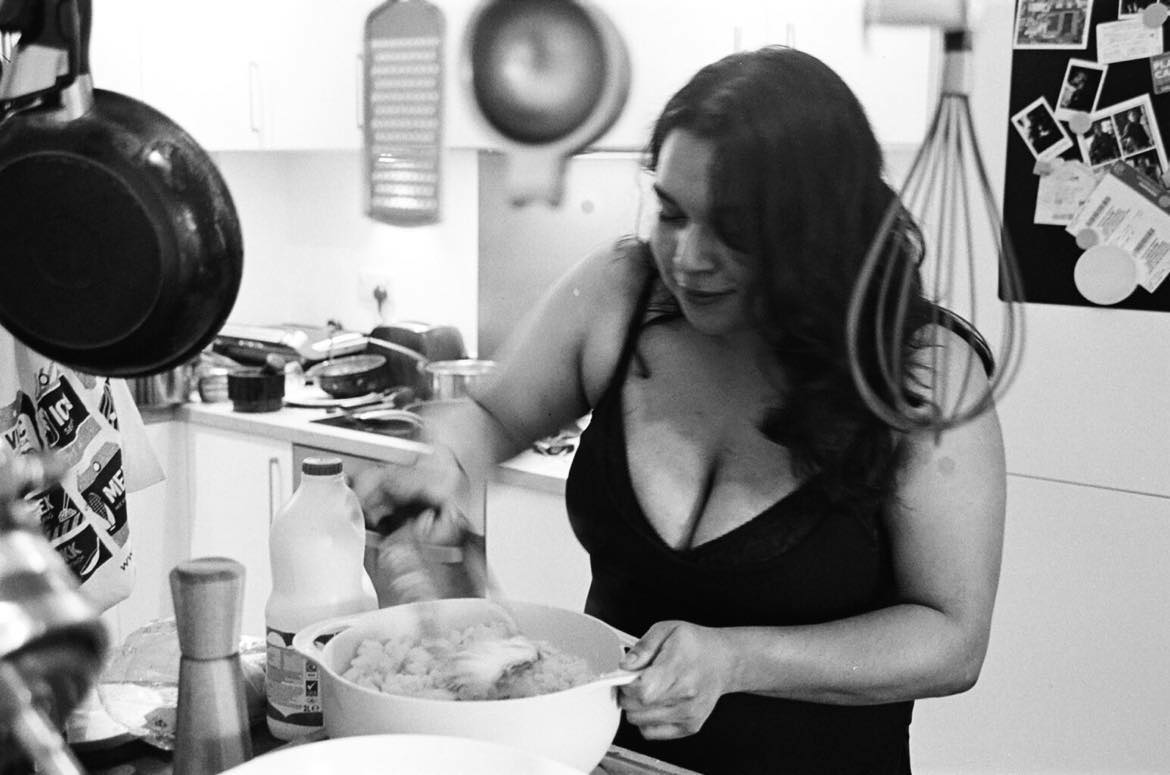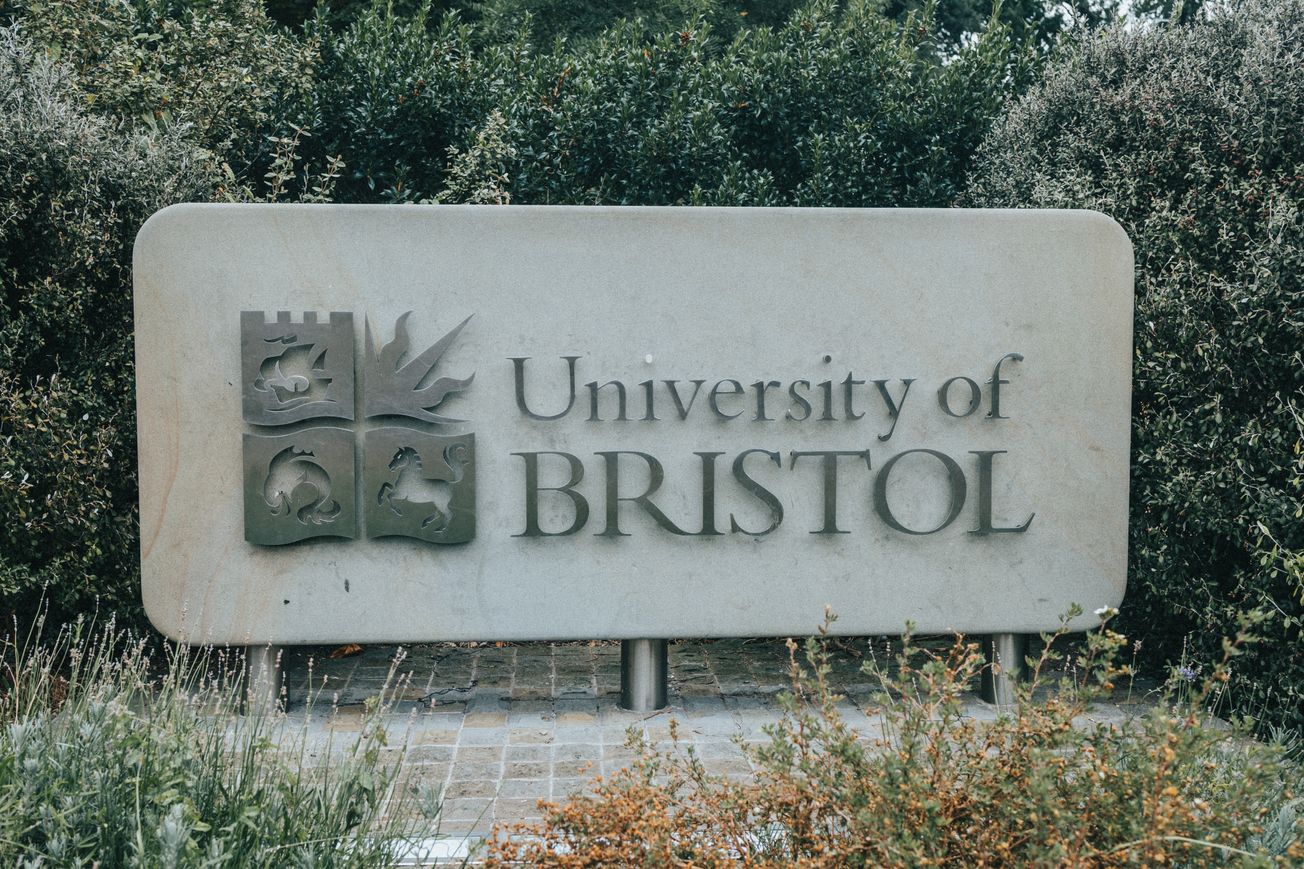By James Dowden, Co-Editor-in-Chief
For most students at university their biggest concern may be an upcoming exam or essay deadline. However, for a small group of asylum seeking students their day to day university life is constantly balanced against the threat of deportation and complicated legal issues.
Epigram recently caught up with Saiba Haque, a Bangladesh asylum seeker student here at the University of Bristol to recall her experience of the process and the support provided to her through the Bristol Sanctuary Scholarship scheme.
Haque opens up by remembering her experience of her home country and the political censorship that she and others faced.
‘I was getting into a lot of trouble. I was speaking up too much for a society that likes to keep thing hush hush in terms of the government. Most people don’t know about how bad censorship is.’
Her political frustrations reached a peak during election season. ‘What got me in more trouble was how I was taking about how rigged it was. We’ve had the same leader for ages now. People were fearmongered into saying you shouldn’t say that or were genuinely angry. I was scared to speak up.’
‘It felt almost like a civil war but I would say mostly that it was just civil unrest and it was just extremely frustrating to be a teenage student at that time because you had all these things that you wanted to speak out about and no one would take you serious and even if you did speak out about them you would get in trouble. You would get threats from students. You would have friends not talk to you anymore because they’re scared of being associated with you.’
Haque left her home in the capital of Dhaka and move to the UK aged 15.
However, coming to UK was just the start of a complicated and long winded legal process that asylum seekers face.

Haque recalls there were ‘a lot of intimidating figures I had to deal with in my calls to the Home Office or my letters to the Home Office’ and vividly remembers a specific moment during her sixth from when she was in the middle of a philosophy exam and received a call about her asylum application.
‘I asked if I could talk about it later as I was in the middle of a test. The person on the end of the phone said ‘No, if you don’t deal with this now, we will drop your case’’ and its is that sense of intimidation added to their already complex process that caused a lot of stress.
Haque was fortunately granted asylum seeker status which is the first step to becoming a refugee. The crucial difference however between an asylum seeker and a refugee is that a refugee has indefinite right to leave – meaning that they cannot be removed from the UK.
For asylum seekers until they know the outcome of their refugee status application there are left in a limbo of uncertainty with Haque having been waiting nearly four years for a Home Office decision.
In a university context, asylum seekers are no able to access student finance so are dependent on scholarships and bursaries.
This is where schemes such as the Bristol Sanctuary Scholarship scheme comes which was set up in 2016 to help provide funding for asylum-seeking and refugee communities at the University of Bristol. The scholarship offers support towards tuition and maintenance costs and since its creation has helped over 60 students across a range of degree subjects.
Haque recalls how ecstatic when she found out the news that she would be receiving a scholarship to study politics and philosophy.
‘It was beyond my wildest imagination. It was a great day. Being able to study here was a lot for me. It’s taken a huge stress and financial burden off my shoulders and that’s great.’
The scheme also works in partnership with groups such as Student Action for Refugees to help to provide a welcoming environment for asylum seekers and refugee students here in Bristol. It also provides advice on visas, lawyers and offers pastoral support for students.
Haque recently was at a meeting organised with fellow scholars of the scheme and describes how uplifting an experience it was.
‘It was so wonderful to see them thriving these intelligent people and they finally get the chance to actually go forth and pursue their desire for education and that’s what gives me goosebumps and makes me so excited. The fact that we can get that help.’
However, for Haque there is always a pressure that refugee application could come back negative meaning she would have to suspend her studies and potentially face deportation. ‘I feel like I could see the inevitable doom sometimes but I’m hoping that it’s not inevitable. Half way through third year my right to study could get taken away and if I don’t get to appeal then that means I don’t get to finish what I started. I am afraid of going back.’
The conversation rounds off by me asking what Haque thinks is the biggest difference between herself and other students and she poignantly rounds off ‘even though we want to be normal students like home students, we want to be there mentally but we feel like it’s not always possible to. We have an otherness that we have to deal with all the time and having to deal with alongside all the other thing and we’re trying our best to deal with that.’









